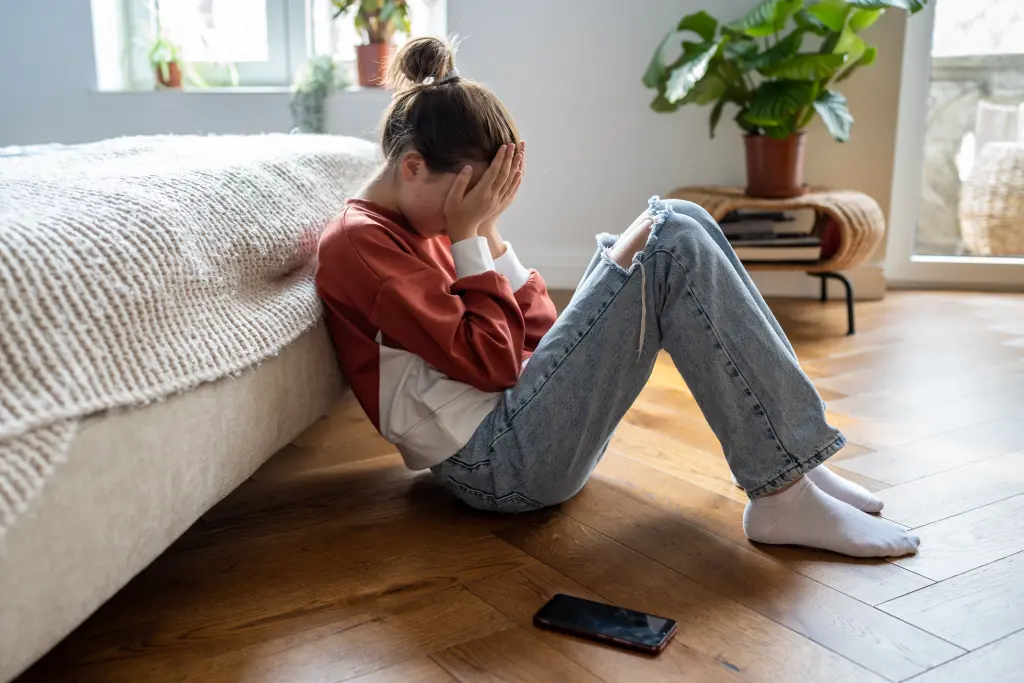A significant number of Australians struggling with mental health are turning to social media for guidance, with platforms like TikTok and Instagram dominating. Experts warn this trend may be harmful, as misinformation can lead to self-diagnosis and delay proper treatment. For reliable mental health advice, it’s essential to verify sources and seek professional help.
Social Media vs. Professional Support
Research conducted by News Corp’s Growth Distillery in collaboration with Medibank revealed that nearly two in three Australians rely on social media over medical sources for mental health information. The statistics highlight a concerning shift:
- 49% of Gen Z and 33% of millennials turn to Instagram for mental health advice.
- 44% of Gen Z and 25% of millennials use TikTok for similar guidance.
- Those with below-average mental health status (27%) are more likely to seek advice from TikTok compared to those with above-average well-being (19%).
Despite this heavy reliance, almost a third of Gen Z respondents admitted that excessive social media use negatively affects their mental health, increasing daily stress and anxiety due to doom-scrolling and unrealistic comparisons.
The Risks of Seeking Mental Health Advice on Social Media
Clinical psychologist Amanda Gordon emphasizes the extensive research demonstrating how social media impacts brain function. She warns that constant exposure reduces focus, critical thinking, and self-esteem due to unrealistic portrayals of life.
Similarly, Curtin University Associate Professor and clinical psychologist Dr. Patrick Clarke warns that social media-based advice may mislead individuals by:
- Encouraging self-diagnosis without professional assessment.
- Promoting ineffective or even harmful treatment methods.
- Reinforcing negative behaviors, such as self-harm or disordered eating.
- Delaying or discouraging professional intervention.
Why Gen Z Prefers Social Media for Mental Health Guidance
According to Gordon, three key factors make social media an attractive alternative for mental health advice:
- 24/7 Accessibility – Young people often seek help late at night when professional services are unavailable.
- Cost-Free Information – Social media eliminates the financial burden of seeking therapy or counseling.
- Anonymity – Users can explore mental health topics without fear of judgment.
Dr. Clarke adds that social media’s convenience also plays a significant role, as professional support often requires parental disclosure, doctor visits, and long wait times.
The Potential Benefits of Social Media in Mental Health Discussions
While social media poses risks, it also has potential advantages. According to Dr. Clarke, it can:
- Help young people feel less isolated by normalizing mental health struggles.
- Encourage professional help-seeking behavior.
- Provide access to mental health professionals who share credible insights online.
How to Navigate Mental Health Content on Social Media Safely
To make social media a healthier space for mental well-being, Headspace manager Caroline Thain suggests:
- Recognizing Unrealistic Comparisons – Social media posts are often edited or staged to create an idealized image. Understanding this can reduce self-imposed pressure.
- Cleaning Up Your Feed – Unfollow or mute accounts that trigger negative emotions and replace them with content that promotes well-being.
- Setting Boundaries – Limit social media usage, turn off notifications, and engage in offline activities that support mental health.
FAQs
Why are young Australians turning to social media for mental health advise?
Young people find social media accessible, cost-free, and anonymous, making it an attractive option for seeking guidance on mental health concerns.
Is social media a reliable source of mental health information?
While some content can be helpful, much of it comes from influencers without mental health expertise, leading to misinformation and self-diagnosis risks.
What are the dangers of getting mental health advise from social media?
Potential risks include incorrect self-diagnosis, delayed professional intervention, exposure to harmful behaviors, and misleading treatment recommendations.
Can social media have any positive effects on mental health?
Yes, when used wisely, social media can help individuals feel less isolated, encourage help-seeking behavior, and provide access to qualified mental health professionals.
How can I safely use social media for mental health support?
Follow credible sources, be mindful of unrealistic comparisons, clean up your feed, and set limits on social media usage to maintain a balanced digital experience.











Leave a Reply